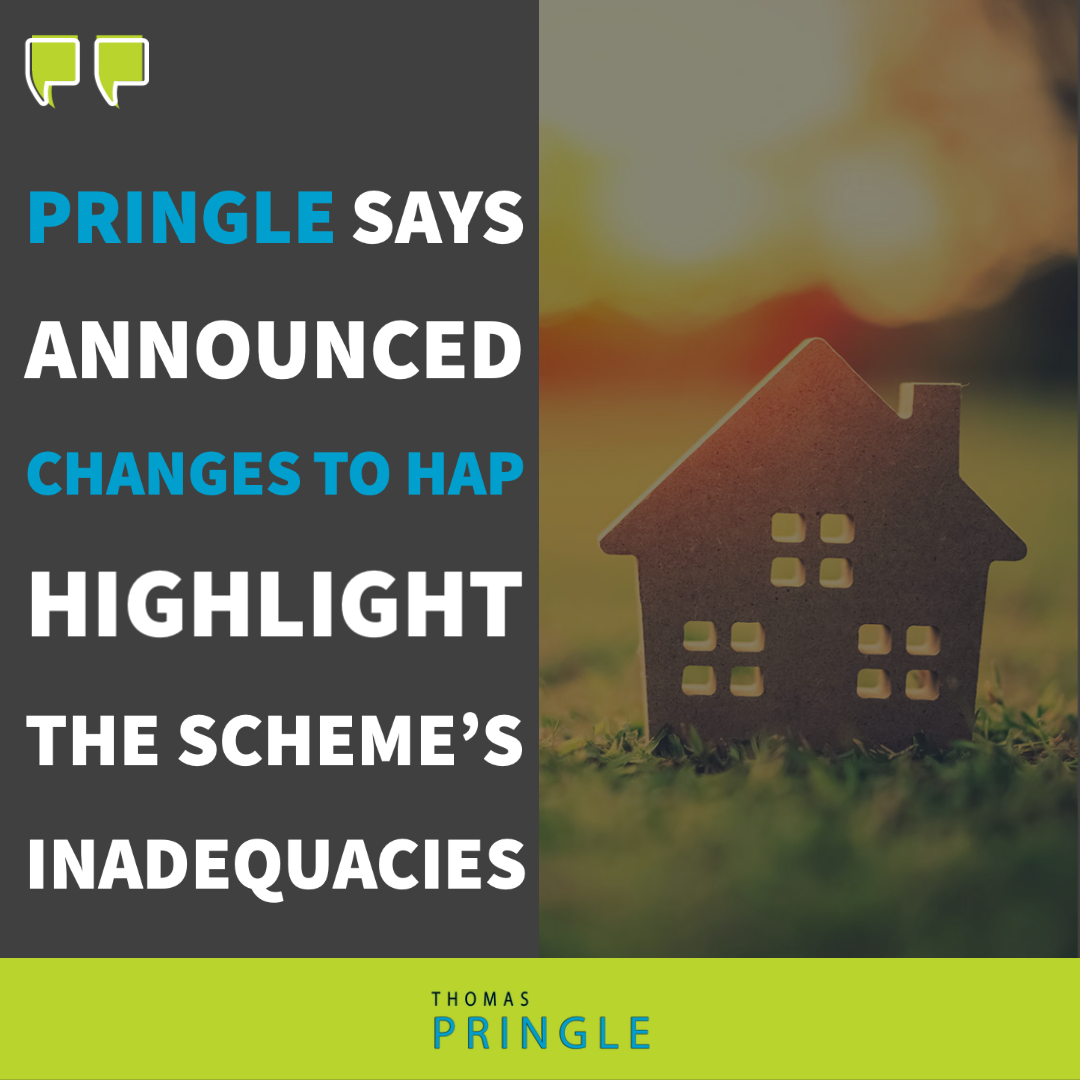- Pringle: We need a policy that recognises the importance of inshore fishing
- Pringle: Disabled people and carers face crisis of State neglect
- Pringle: Failed FF/FG housing policies forcing people to put their lives on hold
- Pringle welcomes Donegal council motion on Occupied Territories Bill: ‘We cannot stand by in the face of genocide’
Pringle says announced changes to HAP highlight the scheme’s inadequacies
- Updated: 3rd June 2022

Independent TD for Donegal, Thomas Pringle, has said that changes to the Housing Assistance Payment scheme announced this morning by the minister for housing at least indicate the minister acknowledges there is a problem with the scheme.
Deputy Pringle said: “I’ve raised these specific changes with the minister and the Taoiseach a number of times over these last six weeks, and have spoken about the need for HAP reform more broadly over the course of the Dáil term.
“Just last month I questioned the low level of HAP discretionary payments that are granted in Donegal, which fall far below the national average,” he said.
The minister today announced an increase from 20 per cent to up to 35 per cent in the HAP discretion rate and said he would extend the couple’s rate to single people.
This is not enough, the deputy said, saying HAP limits must be raised to reflect reality.
Deputy Pringle said: “An increase in the baseline rate is the only change that will make a real difference. With this change in the discretion rate, people still have to rely on local authorities to make a decision.”
The deputy said the discretionary payment process should also be subject to an automatic review of whether tenants are eligible. Currently, tenants must ask the local authority to be considered for the discretionary payment.
The deputy is also calling on the minister to clarify whether these changes will apply to existing tenancies as well as new ones.
Deputy Pringle said: “These changes, and the need for them, point to HAP being a failed policy. This also does nothing to alleviate the security of tenure issues that HAP can leave people with, and that can only by addressed by councils building public housing and ending their reliance on HAP.”



